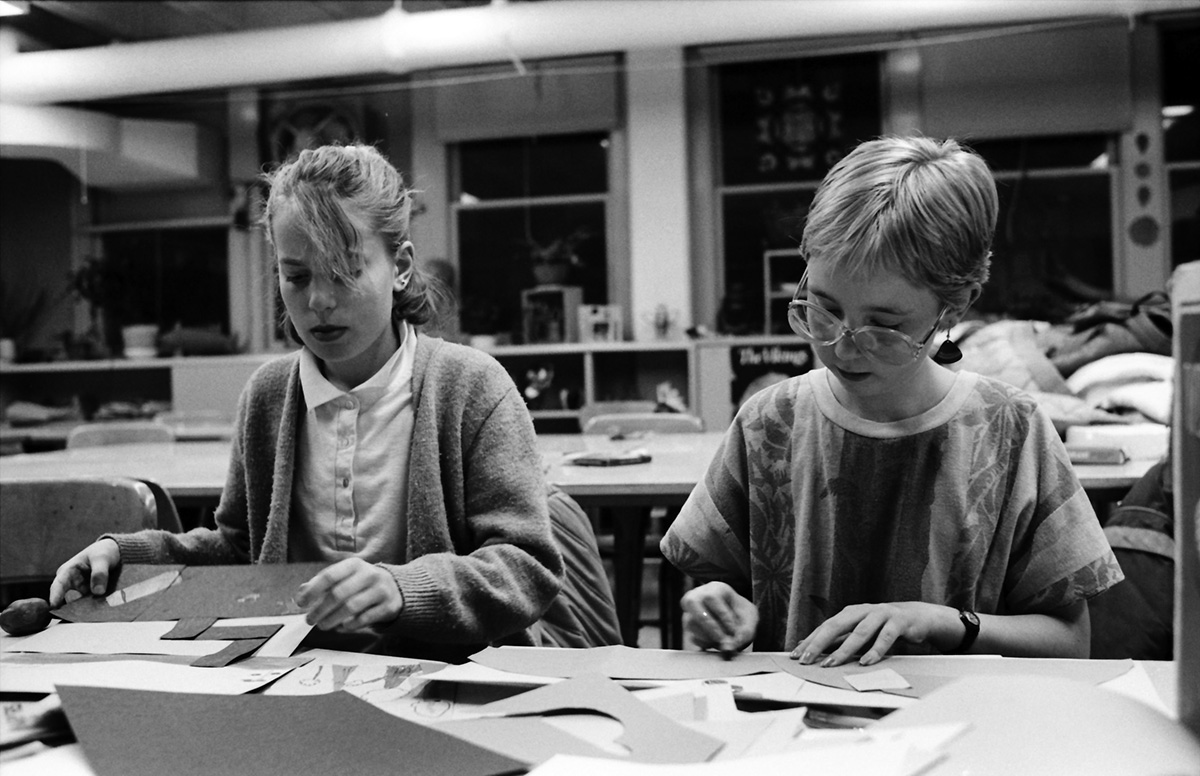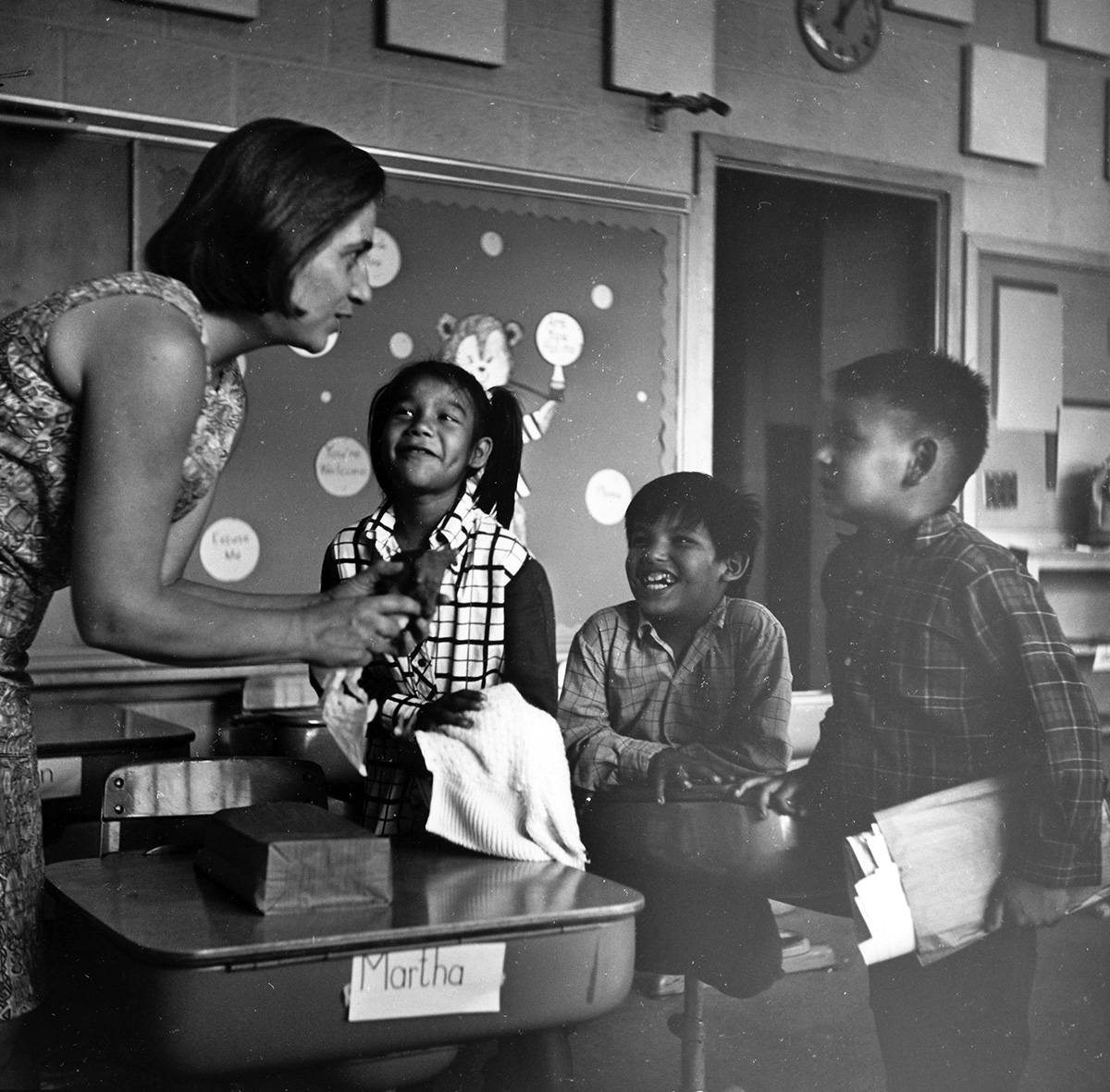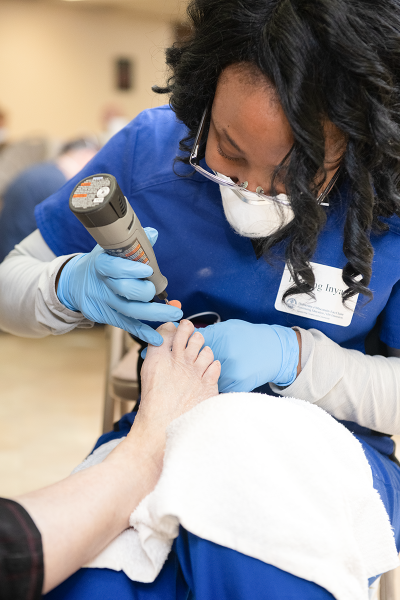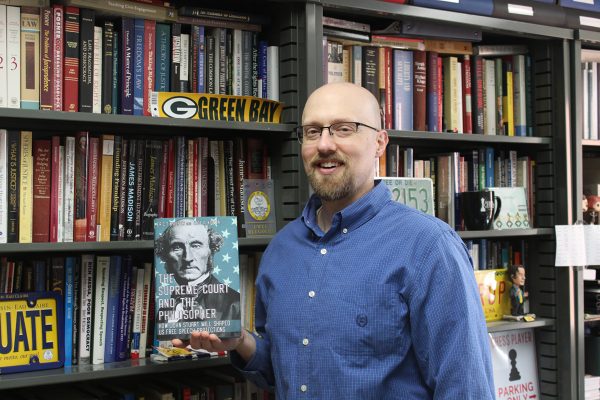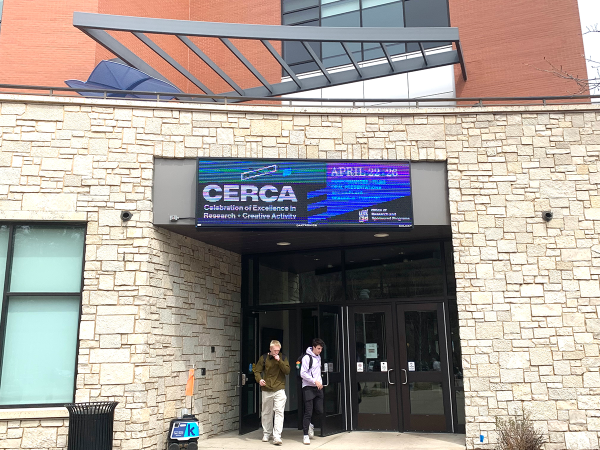One hundred reasons to celebrate: week 12
November 28, 2016
Each week The Spectator will showcase organizations, departments, majors or other aspects of UW-Eau Claire as a part of the centennial celebrations event known as “100 Reasons to Celebrate.”
All photos courtesy of Special Collections and Archives, W.D. McIntyre Library, UW-Eau Claire.
#42 – Computer Science
Students in Computer Science can choose one of two different types of majors – a comprehensive major or a software engineering major, which is “intended for students interested in software design and development and related areas,” according to the CS website.
“We have a comprehensive and challenging curriculum, excellent and dedicated teachers and hard-working and high-achieving students,” states the site. “Our successful paid internship program has garnered 100 percent placement in the region’s small and large cap companies.”
The website also states the internships students land pay between $18-$37.50 per hour. Because of these internships, full-time job placement is also at 100 percent. Salary offers for these jobs typically fall between $60,000-$80,000 per year and each students gets three offers on average.
Eau Claire faculty have a wide variety of expertise, ranging from computer graphics to robotics to networking and much more. The department has been nominated three times for the UW System Outstanding Teaching Department, according to Eau Claire’s CS page.
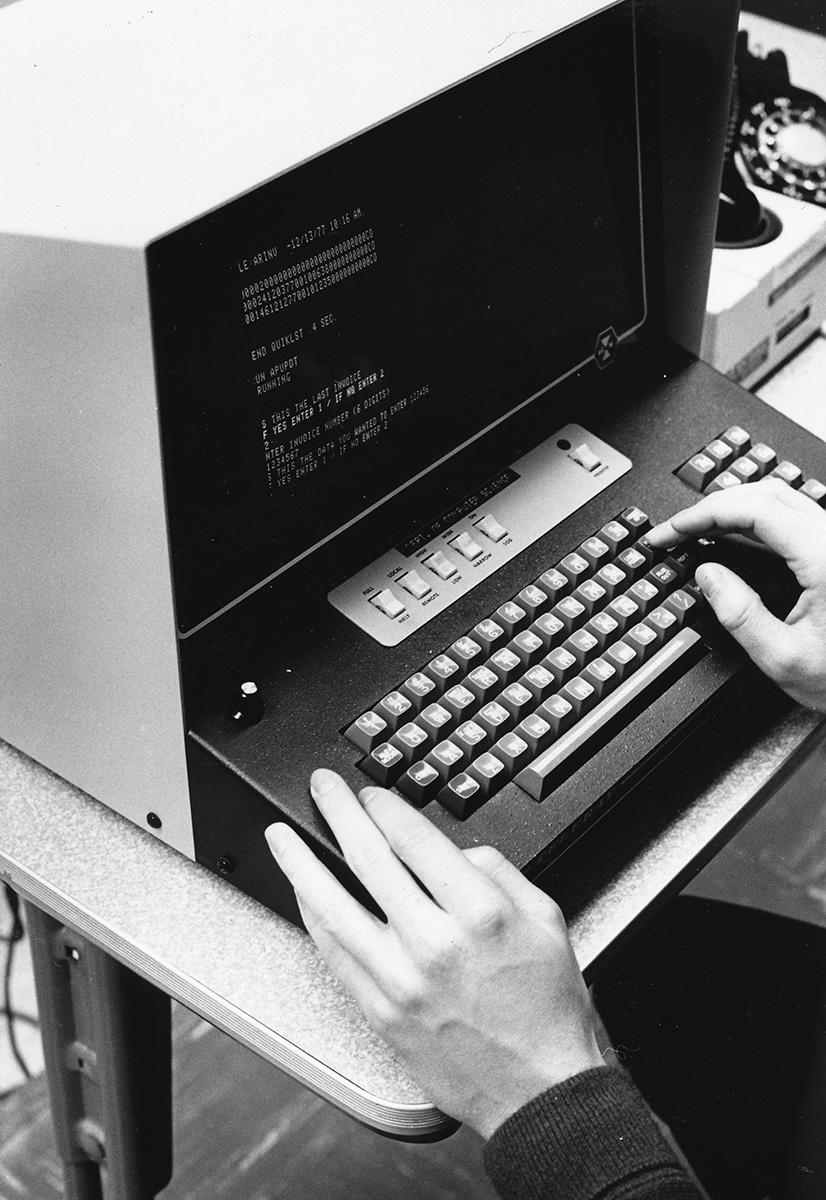
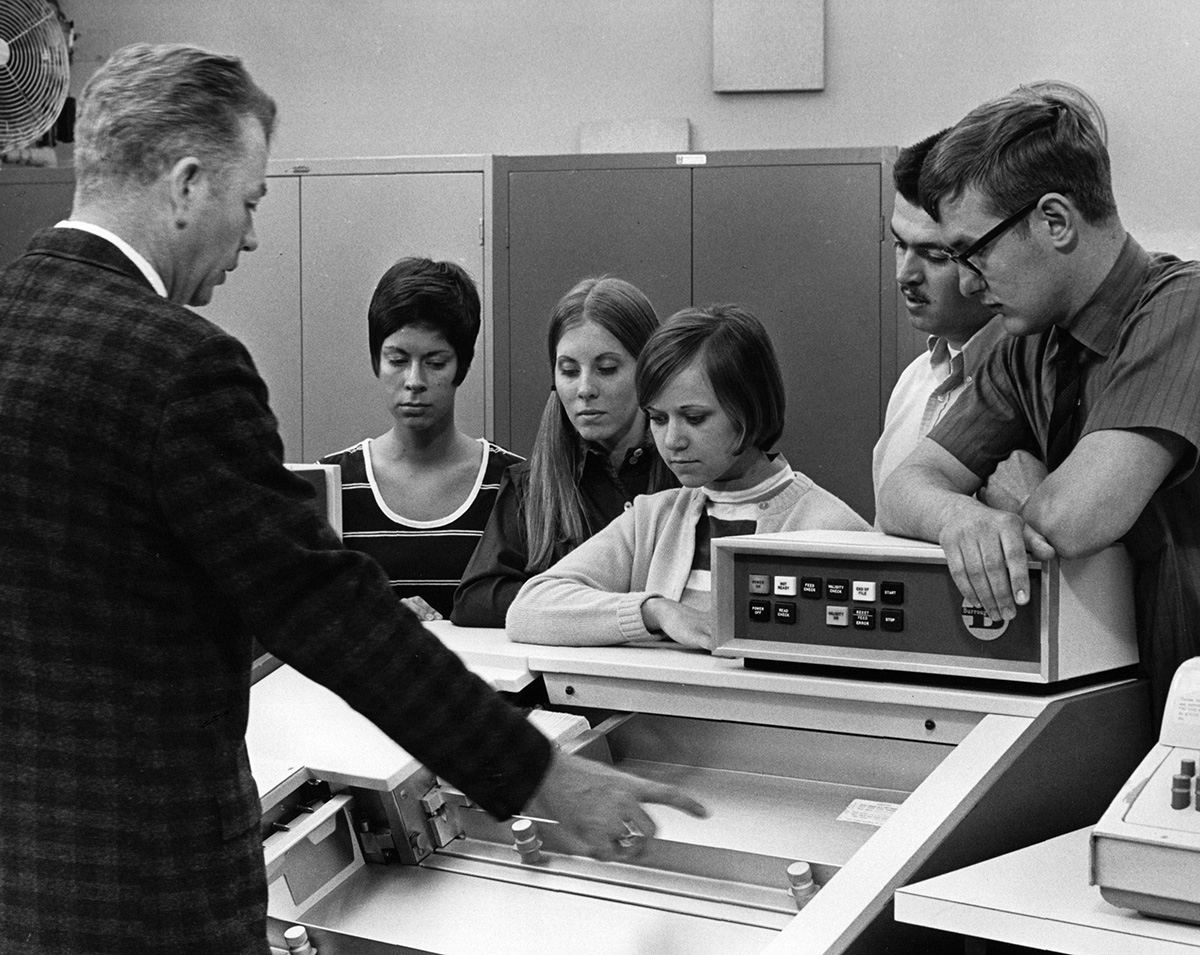
#43 – Economics
“Economics is the study of the choices people make, both as individuals and as members of a society,” Eau Claire’s economics department website states.
The Department of Economics at Eau Claire has a mascot named Odyssey, which is a flying pig. The website explains there are two different meanings behind this mascot. The first is a symbol for the “inquisitive attitude” economists should have. Secondly, it serves as a metaphor for economics students who are taught to strive to achieve difficult goals.
Students at Eau Claire have the opportunity to work with their professors in research projects and through The Chippewa Valley Center for Economic Research and Development.
The center currently has four ongoing projects. These are the Chippewa Valley Economic Indicators Project, the Eau Claire Basket Investment Track Project, the Fruit and Vegetable Research Project and the Climate Change Research Project, all of which were started during or before 2009.
For more information on these projects, visit the CVCERD website.
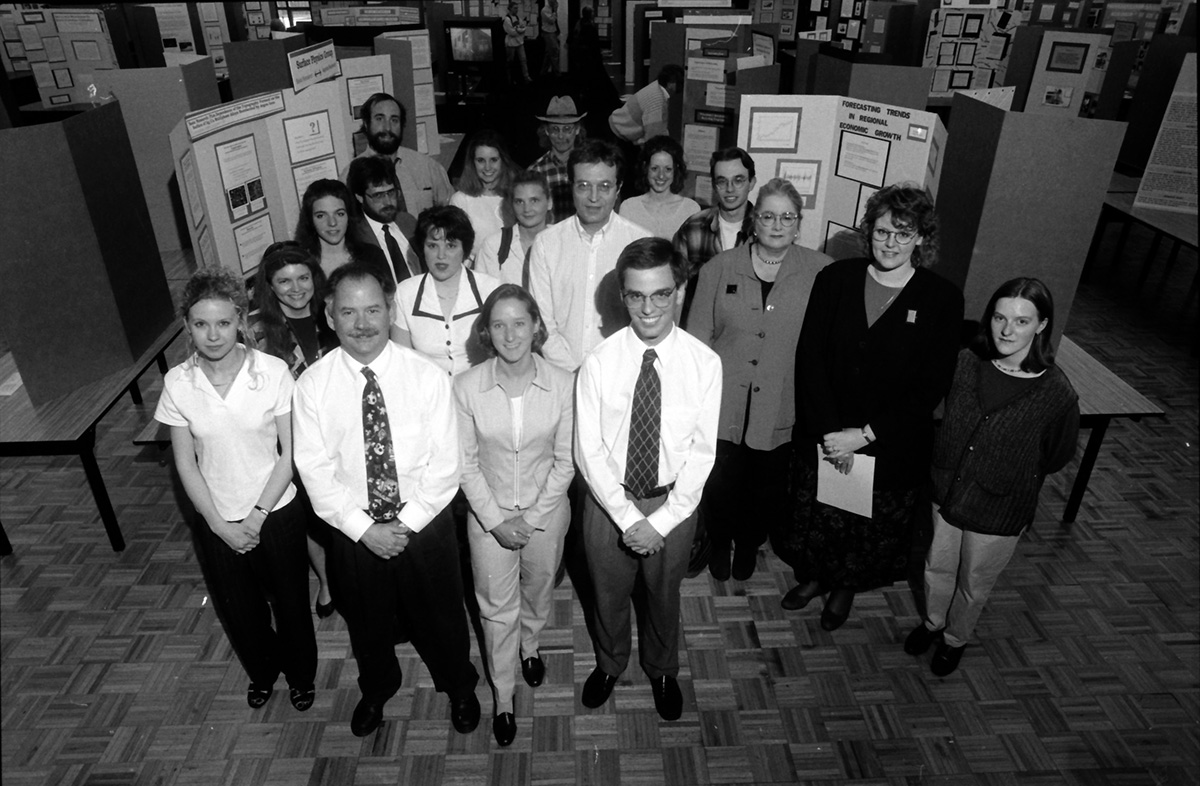
#44 – Information Systems
“Information Systems (IS) is the study of using computers to improve the performance of individuals and organizations,” states Eau Claire’s IS webpage. “It is the theory and practice of designing, developing and managing computer-enhanced information systems.”
With a major in this field, students have gone on to become database administrators, web developers, deployment specialists and more.
The department encourages students to participate in internship programs in order to “learn more about IS, network with employers and gain self-confidence.” According to the IS web page, many students complete more than one internship during their time in Eau Claire, completing tasks like developing telecommunications systems and participating on program conversion projects.
According to the Eau Claire website, the school’s IS program is one of the largest in the nation. In fact, almost half of the more than 130 companies that attended the last annual Career Conference sought out IS students.
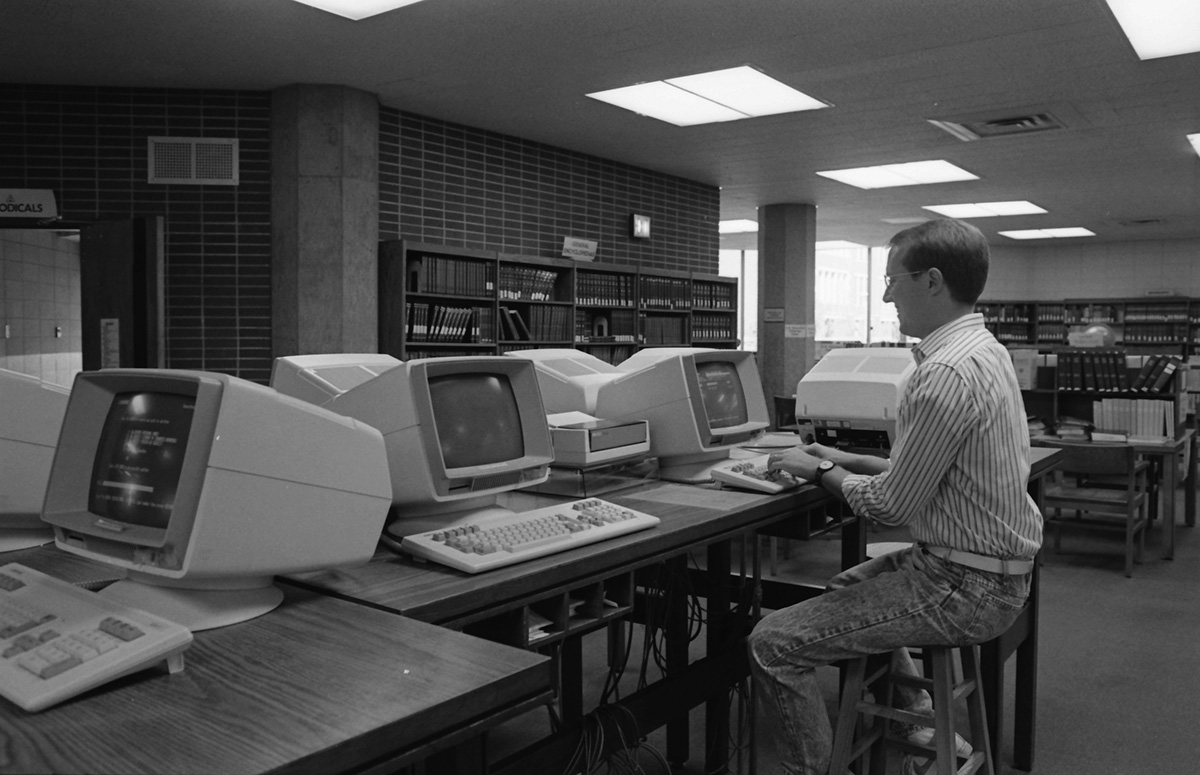
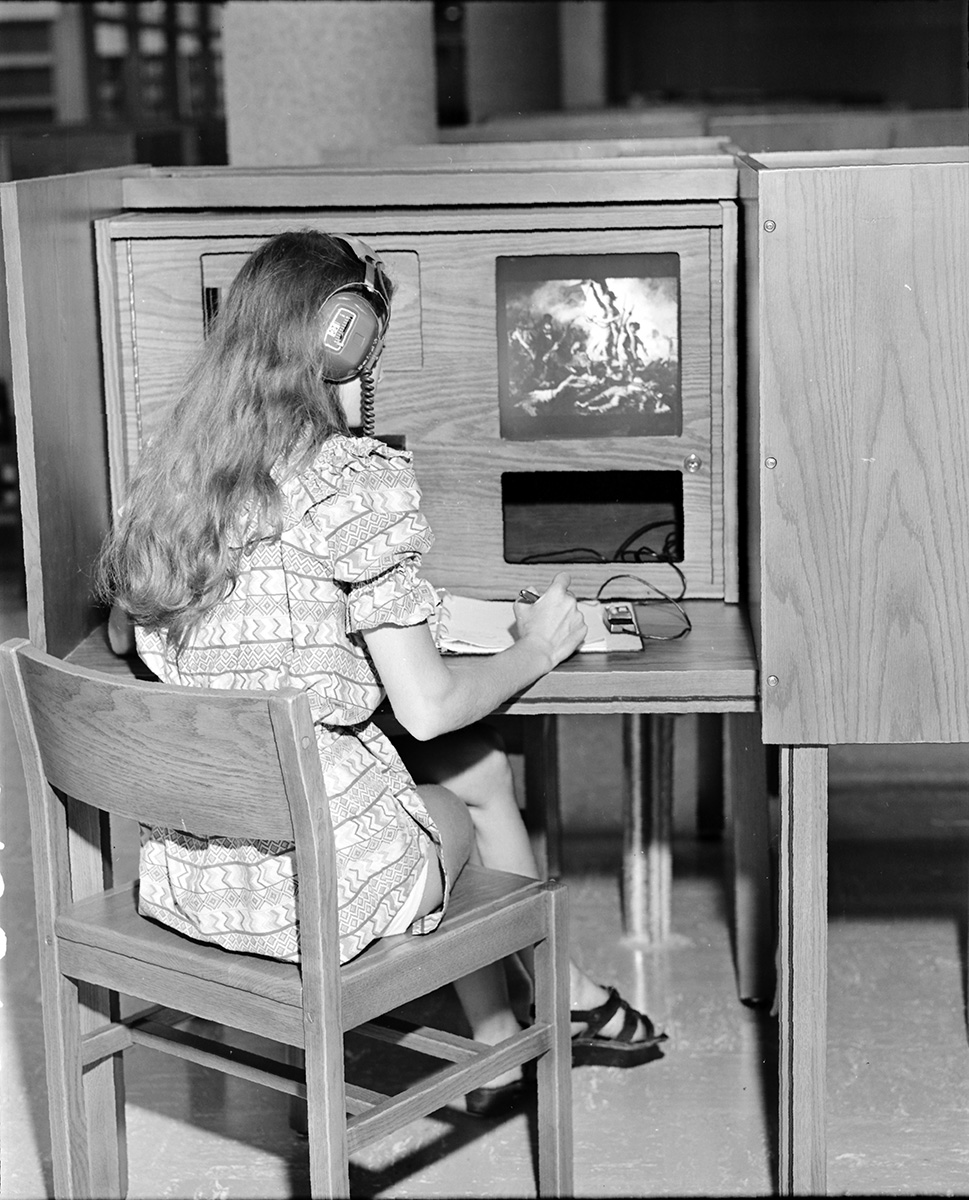
#45 – Special Education
According to Teacher.com, Eau Claire’s Special Education program is #8 out of 400 eligible U.S. schools. This rank is based on several criteria, including relative size of the program and tuition affordability, among others.
There are two deadlines for application into the program, one in the spring and one in the fall. Admission is granted based on “competitive rankings and objective criteria,” states the Special Education webpage. Prior to admission, students must possess a 2.75 GPA along with successful completion of the courses SPED 200 and 205.
The web page states students will receive their formal teaching licenses as a part of the program following the teacher performance assessment.
According to one of Eau Claire’s videos, there are Special Education immersion programs in Washington, D.C., Milwaukee, Minneapolis and Scotland available to students. In the video, Dr. Rose Battalio, who heads the department, says those in the department are trying to develop a program to Peru as well.
